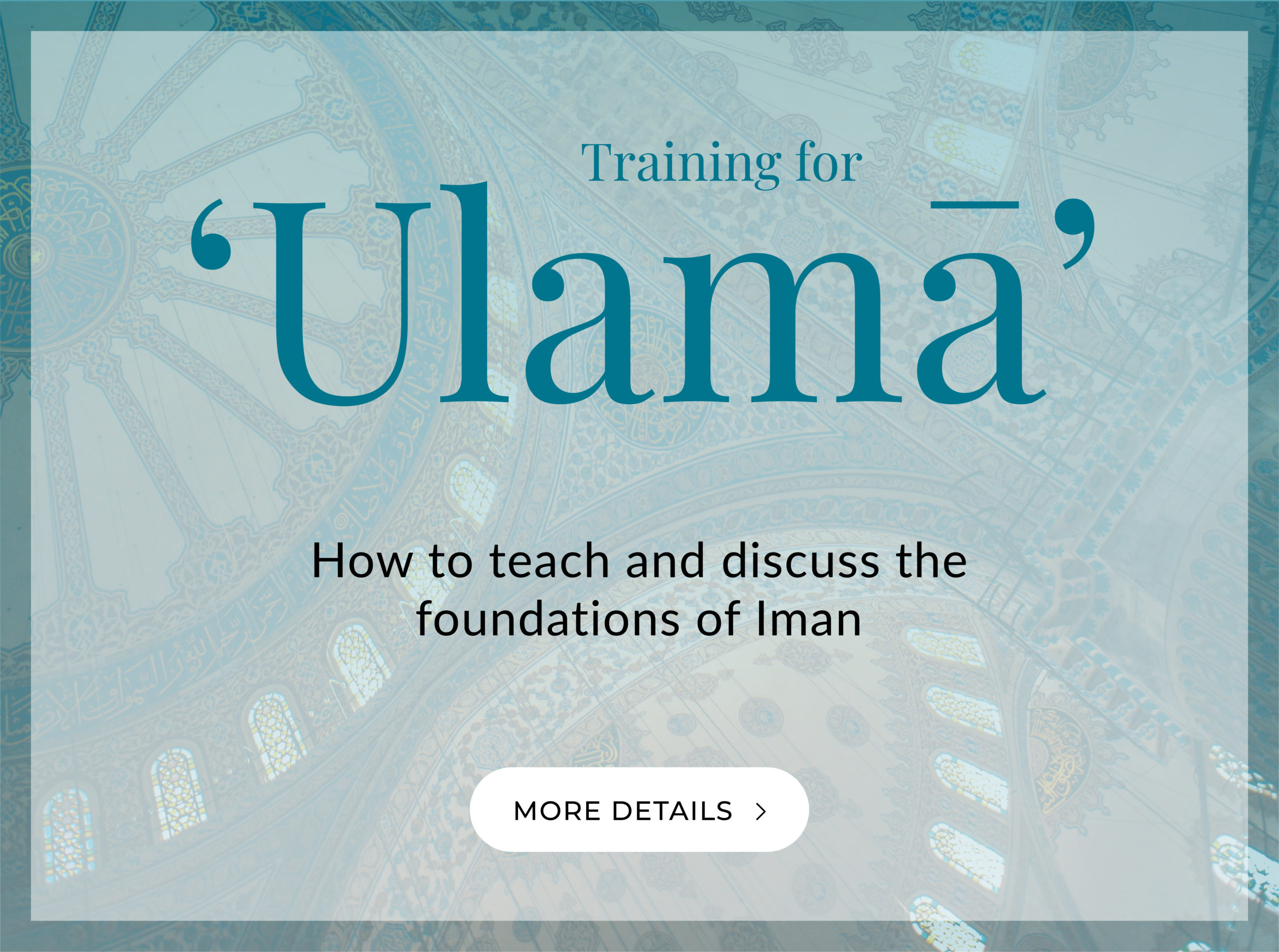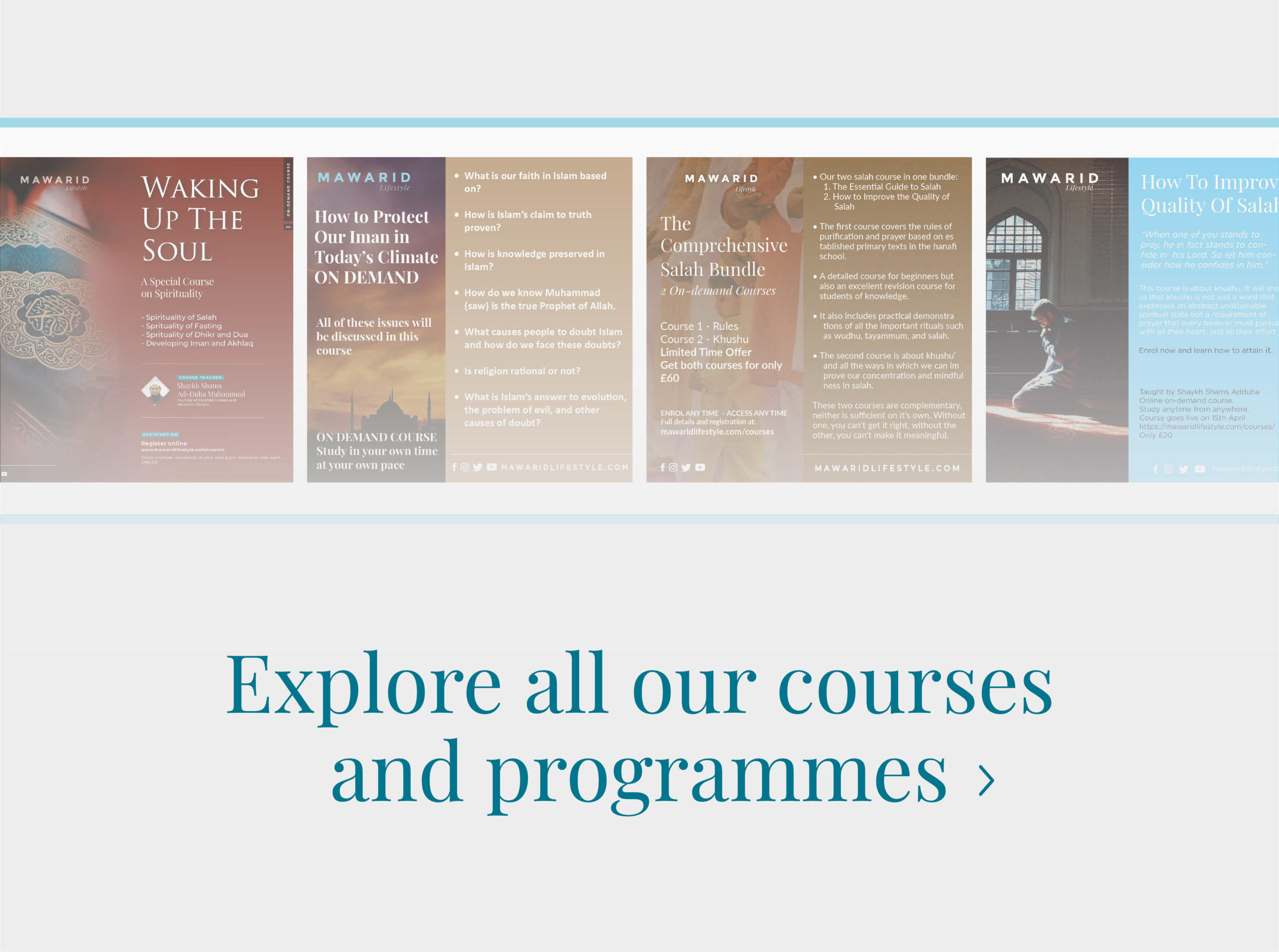Question
Assalamu Alaykum Shaykh,
Firstly May Allah reward you for creating this channel.
In this current age of social media I’m seeing a lot of individuals and/or groups claim that they and select invidividuals/groups are part of Ahlus Sunnah Wal Jama’ah while others are not. For example, I know certain scholars and institute who take the label Salafiyyah and say they are on the right part while pointing at groups like Ikhwanul Muslimun and specific scholars and say things like they are either Ahlul Bid’ah , don’t take knowledge from them etc… Thus, I wanted to ask, how do we deal with this as it is no longer easy to ignore. I sincerely believe in the idea of going to scholars I trust to ask questions but this whole ‘drama’ of labelling and othering does cause some doubts about whether I am on the right path.
Any help on this matter will be greatly appreciated.
Answer
I’ve done some work on this which I’ll share. Perhaps I will do more inshaAllah. Muslim unity is an area of deep interest to me. After being quite sectarian myself when I graduated, I was inspired by some Indian ulama who completed flipped the narrative for me. I’ve been studying and discussing unity ever since for around 20 years now.
In a nutshell, I believe there is a strong basis for unity among all Sunni groups. It does not mean there are no errors in any group, but not the kind of errors that constitutes serious deviance. A small change in attitude with regards to othering will stop the sectarianism too. This has already begun pretty much everywhere and the strong sectarian types accross all groups are weakening.
I’m part of the British Board of Scholars and Imams which has successfully gathered ulama from pretty much every Sunni group on to one platform. We discuss, debate, and improve our understanding of one another without hurling accusations, and are building a framework to serve the community together. Only the most extreme groups stay out.
Theologically, all Sunnis have a common epistemology and engage the Qur’an and sunnah in the same way with minor differences.
Traditionally, Sunnis evolved in to 3 theological schools, Ash’ari, Maturidi, and Hanbali/Athari schools. While these schools have their differences, they are not major. Sectarianism happens purely because some issues are exaggerated by some and are used as a basis to polarise, otherise and label one another Kafir and Mubtadi. Also because people conflate theological difference with truth, or they deliberately politicise issues for various ends. But people who have done that have always been a minority, but a loud active minority, often with funding from political supporters or those in power. Their hatred for others also gets easily manipulated. Which is why historically, all extreme sectarianists have eventually resorted to killing Muslims. They continue to exist today on all sides and in all groups, not just Salafis. Although Salafi sectarianism has recieved the most attention due to its aggressive nature over the past 30 or so years.
It is my view and the view of most Sunni ulama (mainstream Salafism is an exception to this, but they only constitute 5% of Sunnis) that all 3 groups mentioned above are on the truth. I don’t say this out of romanticism but based on study and proof. But to arrive at that, I’ve had to extricate myself from all three camps and look at them through neutral eyes. That’s not easy to do.
Lastly, I believe that all new differences that have emerged between Sunnis over the last 500 years are insignificant and should not be given any importance. Deobandi, Tablighi, Barelwi, Ikhwani, Salafi, Sufi etc are all recent, none are fundamentally different in theology (there are differences in practice but that’s another issue) all have moderates and sectarianists in them.
What we have to do is simple, work with whomever you gravitate towards, avoid the sectarianists and learn from the moderates. Extreme sectarianism is the greatest threat to the ummah today.
In terms of managing and coping with differences, here is a detailed piece that I wrote a long time ago. It was originally 3 essays hence the length.






